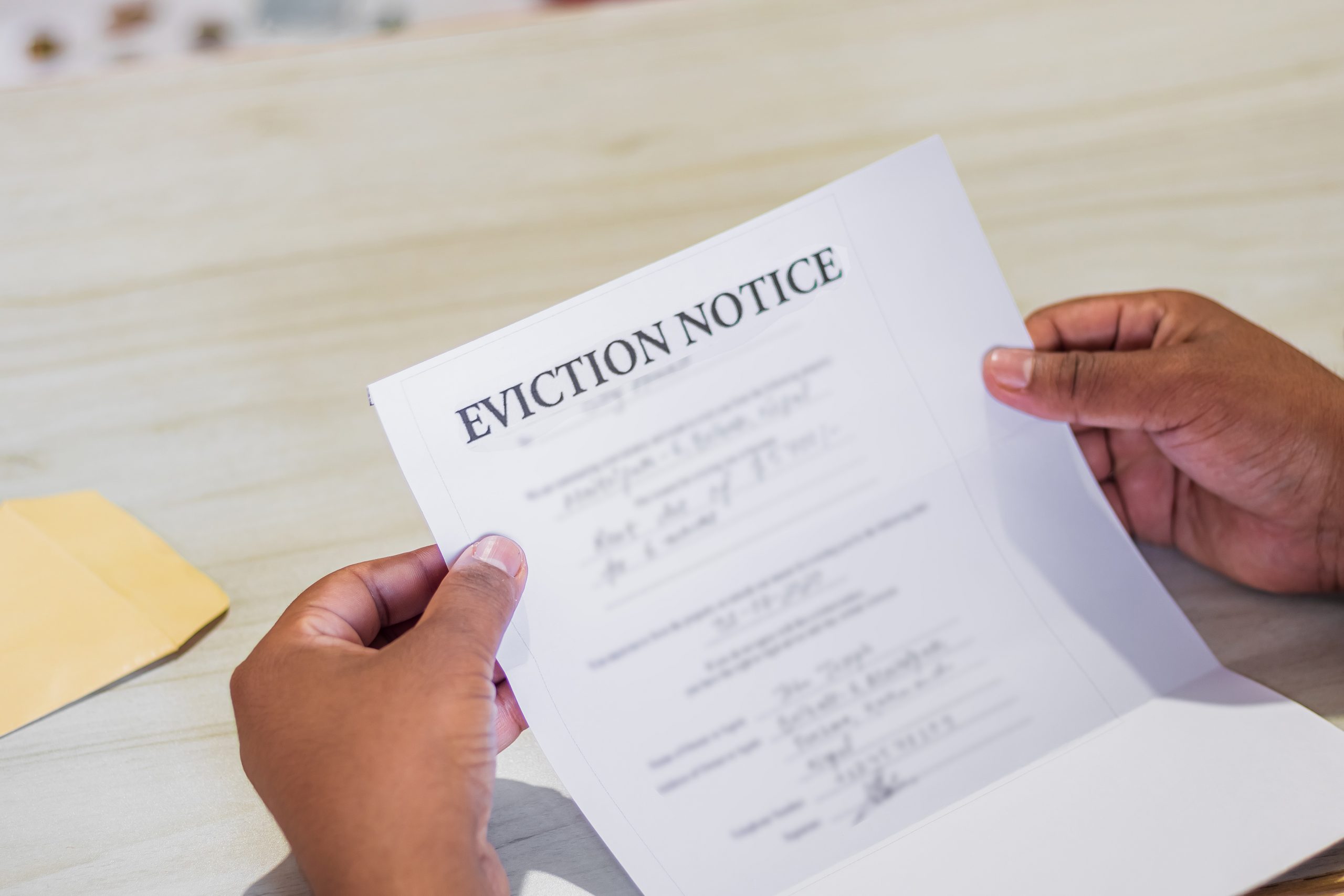
When a Florida Landlord and the Tenant enter into a lease, they agree to abide by it’s terms. However, there are some Tenants that engage in illegal activity in the property that constitute grounds for termination. While a Landlord can proceed with eviction, they must follow important steps. Therefore, if you need to evict a Florida Tenant for Illegal Activity, contact the Law Office of Brian P. Kowal, PA at (954) 990-7552.
Process to Remove a Tenant that has engaged in illegal activity at the property
A common misconception is that the only way a Tenant can be evicted is for non payment of rent. While most are for failure to pay, they can be removed for illegal activity. For example, if the Landlord discovers that they are using or selling drugs at the property or a crime was committed in the Unit, they can evict them. It starts by giving the Tenant a Termination Notice. Unlike a Notice to Cure, they are not allowing them to fix or remove the violation. As a result, the Tenant has 7 days to vacate the property. If they fail to leave, the Eviction can be filed.
Why it can be Difficult to Prove
Removing a Tenant for Non-Payment of Rent is usually straightforward. Unless they have a defense, they will be evicted. On other hand, to remove a Tenant for illegal activity, they need strong evidence that it occurred. For example, a police report can be provided if a Tenant is arrested at the property. However, it may be difficult to offer proof if they believe that drugs are being used. Therefore, a Florida Landlord needs to be careful. Their case could get dismissed if they cannot show that drugs were being used. As a result, they may be liable for Attorney’s fees. In addition, the Tenant may file their own lawsuit against them for harassment. Our office recommends any Landlord facing these circumstances contact an Attorney before filing their own lawsuit.
Evicting a Florida Tenant for Illegal activity can be complicated. Contact the Law Office of Brian P. Kowal, PA at (954) 990-7552 to learn about your rights.
